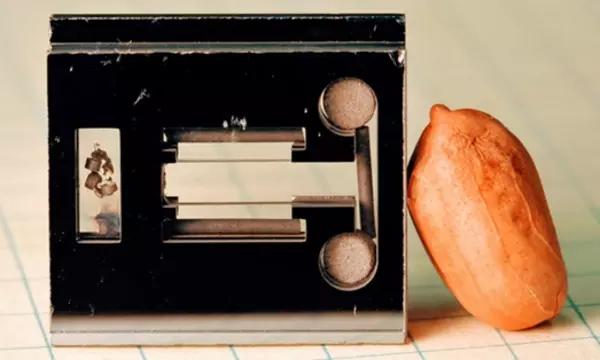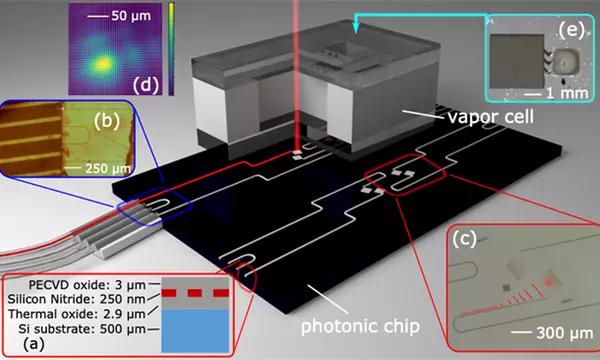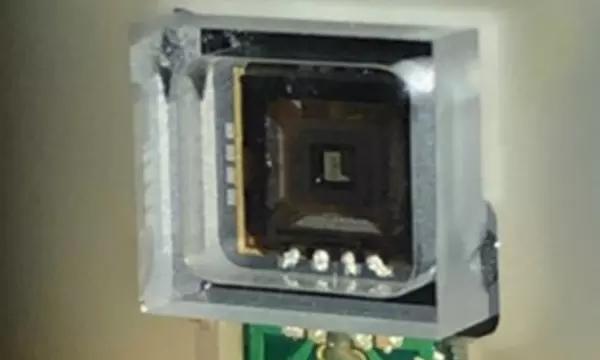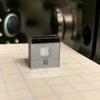The Atomic Devices and Instrumentation group innovates to develop compact, low power quantum sensors using a combination of precision atomic spectroscopy, silicon micromachining, and photonics. We develop technology based on thermal vapors, atomic beams, and laser-cooled atoms that offer advantages of outstanding precision. The devices and instruments cover broad range of applications from precision timing and inertial sensing, to magnetic field measurement. The Group seeks to develop technologies that offer the advantages of outstanding precision and sensitivity while providing clear pathway to large-scale wafer-level manufacturing and commercialization. An early example of the group’s success is the chip-scaled atomic clock (CSAC): the first physics package for such a clock was demonstrated at NIST in 2003. CSAC technology along with its derivative, the chip-scaled atomic magnetometer (CSAM) or micro-optically pumped magnetometer (μOPM), have been commercialized by multiple industrial entities and have created an economic impact of more than $250M to date.
The group is heavily involved in NIST’s NIST on a Chip program, which seeks to develop low-cost, highly manufacturable SI-traceable standards that could be integrated into real-world instruments to provide in-situ calibration over extended time periods. To this end, the ADI Group develops compact, accurate atomic clocks, wavelength references and voltage standards that is anticipated to ultimately broadly support US industry and manufacturing from the factory floor to deployment in remote locations.
A review paper describes work worldwide on chip-scale atomic devices: J. Kitching, "Chip Scale Atomic Devices," Applied Physics Reviews, vol. 5, p. 031302, 2018.
News and Updates
Projects and Programs
- Compact cold atom instruments
Our research focuses on the development of novel sensing platforms using cold atomic gases and atomic beams. Laboratory-scale cold atom apparatuses provide some of the most precise and accurate measurements for timing and inertial sensing. Our team develops technology to translate this performance from the optics bench to compact devices through research in vacuum technology, integrated optics, and novel probing schemes for cold atoms. - Integrated Optical Atomic Devices
We focus on developing methods for performing precision optical spectroscopy in compact, manufacturable devices based on warm atomic vapors. Projects range from integration of nanophotonic chips with vapor cells for applications in dimensional metrology to development of high temperature vapor cells for investigating spectroscopy of alkaline earth species. - Microfabricated Atomic Sensors
We combine novel concepts of atomic physics and advanced technology of microfabrication processes to develop miniaturized atomic devices which leverage atoms’ universal quantum nature and offer high sensitivity, stability, and accuracy. We demonstrate chip-scale, high-performance atomic magnetometers that are commercialized and used for magnetic anomaly detection, nuclear magnetic resonance, and biomagnetics.
Publications
Awards
Press Coverage
Summer Undergraduate Research Fellowship (SURF): Summer program at NIST-Boulder for undergraduates in science, engineering, and mathematics. The application deadline is February 15 annually.
Postdoctoral, Visiting Scientist, and Graduate Positions: Our group has periodic openings for Postdoctoral Fellows, Visiting Scientists, and Graduate Students. Please contact us for more information.
Contacts
Group Leader
-
(303) 497-4083
Project Leaders
-
(303) 497-4780
-
(303) 497-7654
-
(303) 497-4779
-
(303) 497-7213











